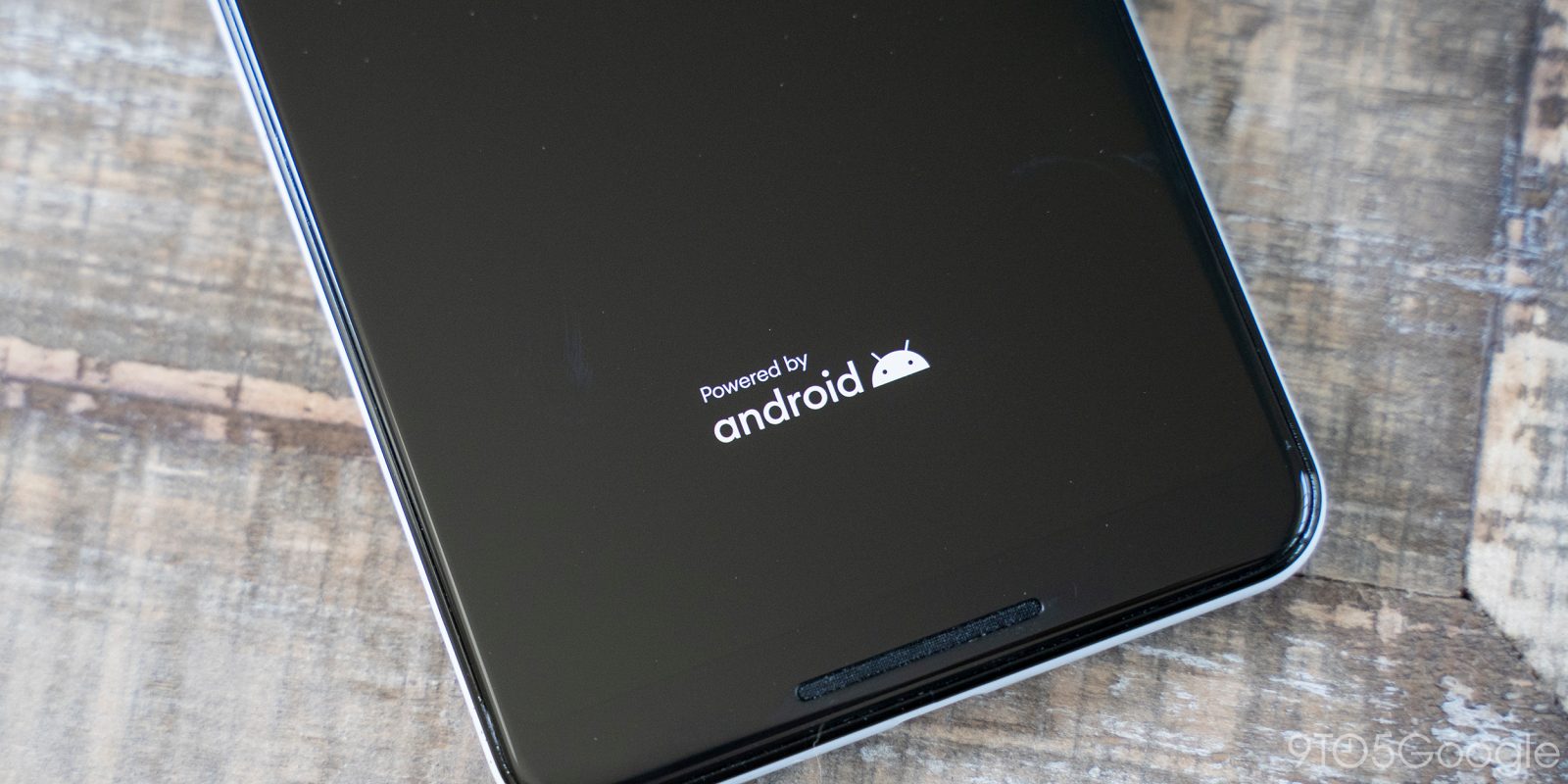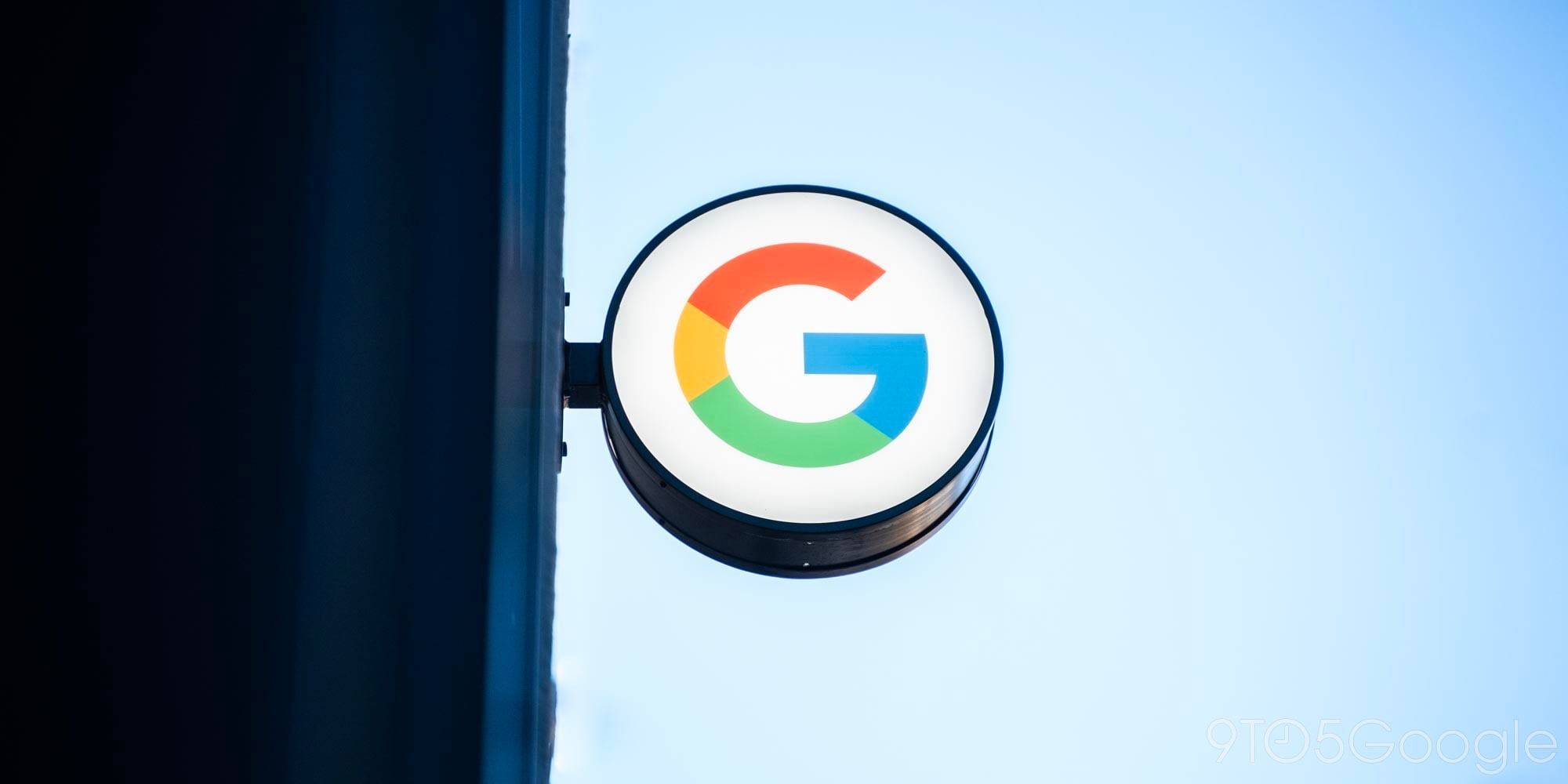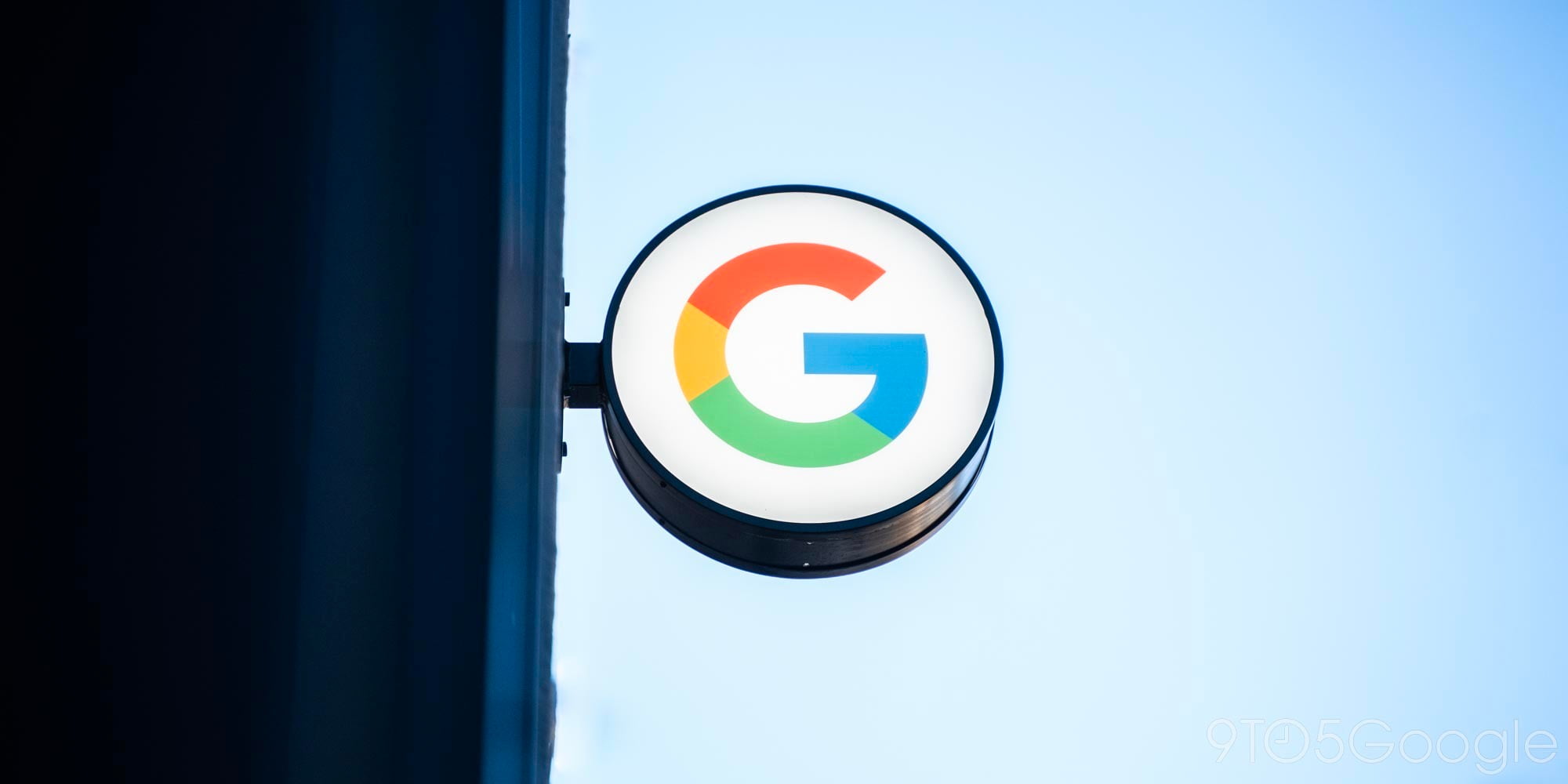
There is a lot of interesting news coming out of the Google v. Oracle Java trial today. Yesterday, former CEO Eric Schmidt gave his testimony to the court, and today Andy Rubin took the stand where he revealed a slide deck with Google’s ambitions to sell 10 million Android tablets during 2011 and other pieces of information related to Android revenue.
On-hand reports from The Verge point us to a few of the more intriguing statements made by Rubin and others today:
Google Phone:
The image above is of the “original Google phone” concept presented to carriers almost two years before Google finally launched the first Android handset, the T-Mobile G1. The images of the device came up in the trial due to references to Java in the designs. A year later, in May 2007, almost a year after iPhone, Google was still designing Android with a physical keyboard in mind—as noted in Android specification documents during the trial.
Android Revenue:
First, we get a close look at Android revenue numbers for the first time. The numbers come from a quarterly report given by Rubin and others in 2010 that show the company expected revenue from Android to reach $278.1 million during the year.
The forecast was based on increasing the roughly 20 million Android phones in the market at the time to 40 million by the end of the year. Google was also expecting to pull in $158.9 million in Android ad revenue and just $3.8 million from its 30 percent cut of app sales. According to the report, Google forecasted bringing in $840.2 million from Android ads and $35.9m from app sales in 2012.
Subsidized unlimited data plans:
Another interesting document that emerged from the trial shows Google suggested to T-Mobile in 2006 that it would give up its finder’s fee commission for new customers in order to provide Android phones with $10 monthly unlimited data plans. Of course, that plan was never carried out, and the original Android T-Mobile G1 launched with the conventional $25+ plans.





